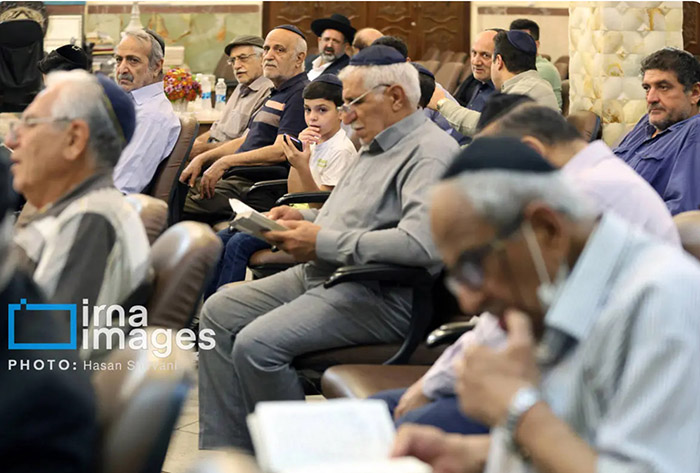Ayatollah Khomeini’s public assurances in the early days of the revolution played a crucial role in calming fears among Iranian Jews. He stated explicitly that Jews were Iranian citizens with full rights and that they should not be harmed or persecuted. He emphasized the distinction between Judaism and Zionism, declaring the former as a legitimate divine religion, and the latter as a colonial and political ideology that must be opposed.
Khomeini and the Abrahamic Faiths
Throughout his life, Khomeini’s relationship with other Abrahamic religions was multifaceted and often controversial. As a scholar of Islamic jurisprudence and philosophy, he authored numerous works that addressed theological principles concerning the People of the Book (Ahl al-Kitab)—a term referring to Jews, Christians, and sometimes Zoroastrians in Islamic law.
While traditional Islamic jurisprudence often imposed limitations on non-Muslims living under Islamic rule, Khomeini’s approach, especially post-revolution, emphasized the protection of religious minorities. His concept of Vilayat-e Faqih (Guardianship of the Jurist), though primarily a Shiite doctrinal development, presented a new model for religious and political authority which he claimed was inclusive of the rights of religious minorities within the framework of an Islamic state.
However, critics have pointed out contradictions in Khomeini’s legacy. While his government enshrined legal protections for Jews and other minorities, and while some Jewish institutions were preserved, the early years after the revolution saw the execution of Habib Elghanian, a prominent Jewish businessman, as well as confiscations of Jewish property and emigration pressures. Yet, many Jewish Iranians insist that Khomeini’s personal statements and theoretical positions provided a safeguard against widespread persecution.

